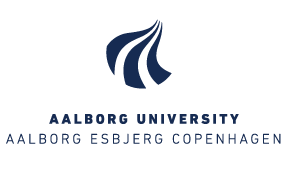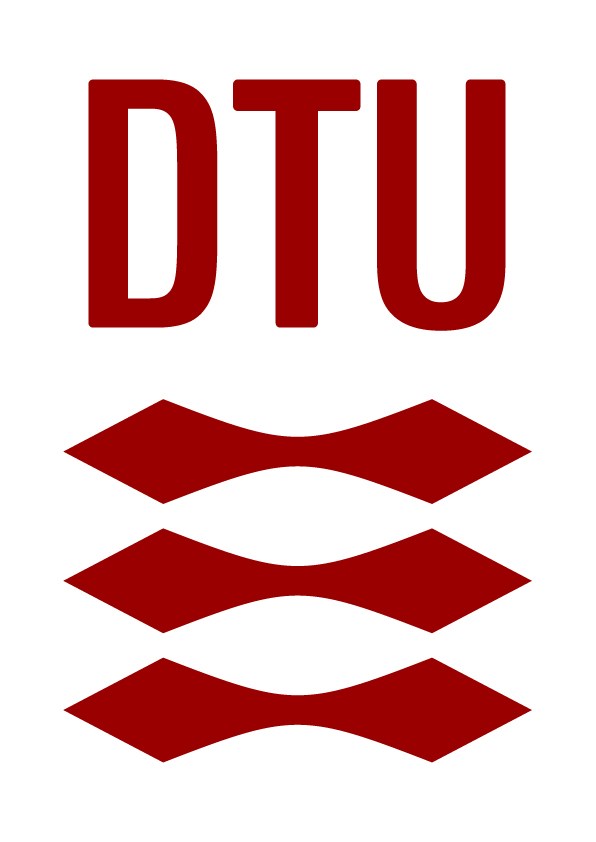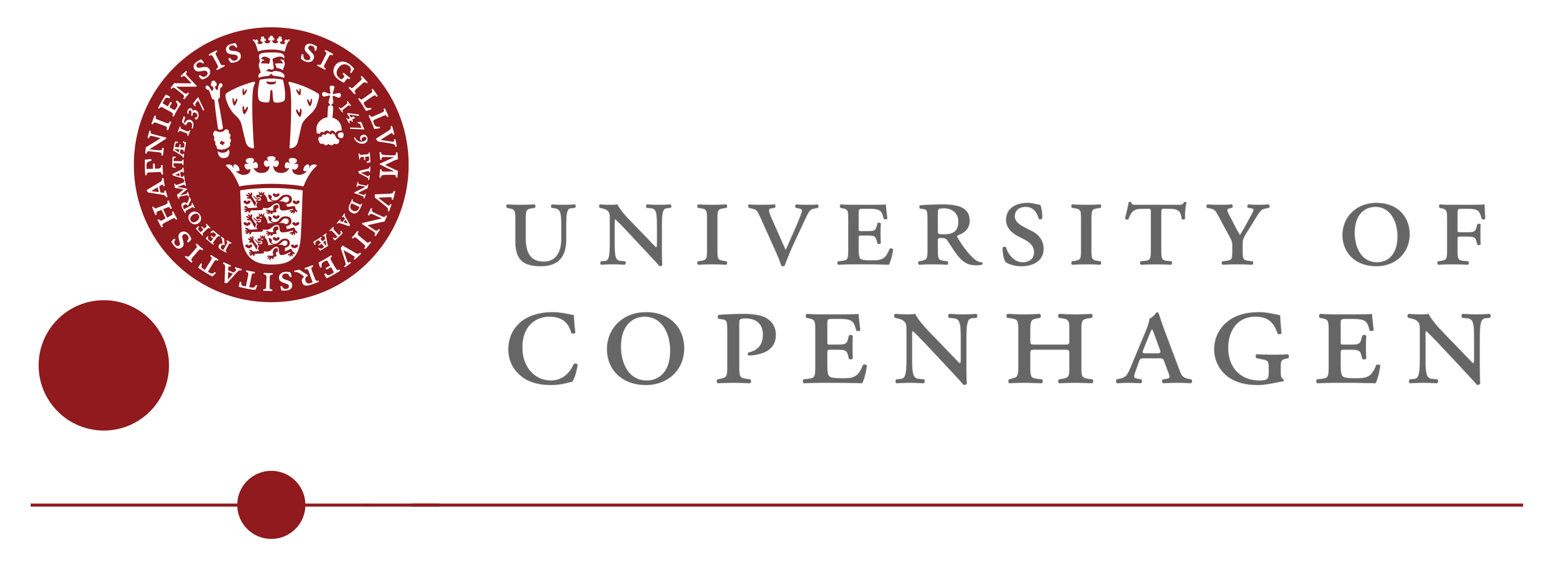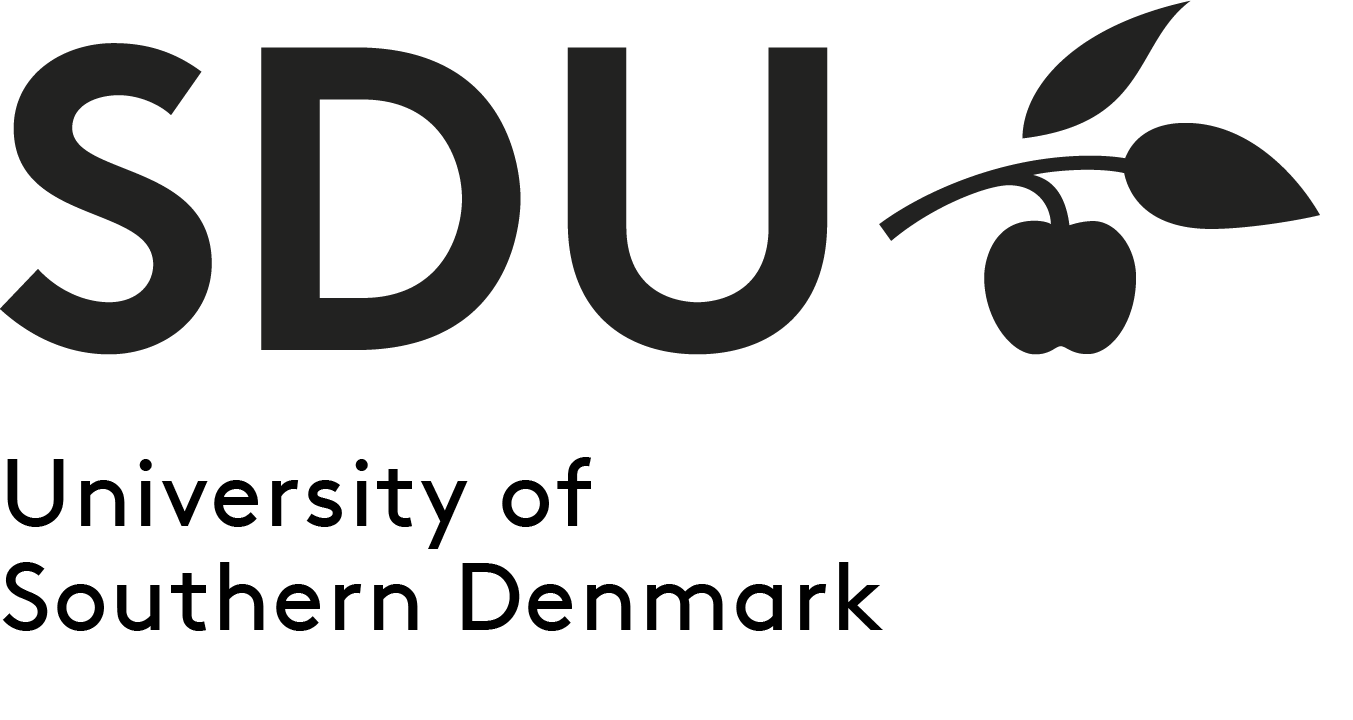
About Aalborg University
Since 1974, Aalborg University (AAU) has provided knowledge, development and highly qualified graduates to the outside world. The University is well known for its learning model of problem-based project work (PBL) and for being one of the leading research institutions within fields such as electrical and electronic engineering and energy technology. Furthermore, the University engages in extensive collaboration with the business community, and the Confederation of Danish Industry has highlighted AAU as a positive example of knowledge collaboration between universities and the business community. About 20,000 students are enrolled at Aalborg University and more than 3,500 staff members are employed across the University’s three campuses in Aalborg, Esbjerg and Copenhagen.

The university was founded in 1928 and today it has several world class research fields.
AU has a strong commitment to the development of society that is realised through its collaboration with government agencies and institutions and the business community.
The university’s goal is to contribute towards solving the complex global challenges facing the world. The university therefore strives to combine the high level of academic standards of its researchers with collaboration across disciplinary boundaries to combine research in new ways.
This takes place in close contact with the world around us and creates the basis for the university to be internationally competitive within the areas of research, education, talent development and knowledge exchange.

The University is at the academic and multidisciplinary forefront of the technical and the natural sciences—with new initiatives in a number of demanding engineering disciplines, including sustainable energy technology and life science.

Through research-based teaching – and by involving them in research – students are equipped to address society’s challenges and needs. The University of Copenhagen is working towards becoming one of the world’s greenest campus areas, leaving as little environmental and climate footprint as possible. The University facilitates cross-organisation collaboration, liaises with the business community and helps students find relevant programmes and projects in the field of sustainability.
The University also focuses on gender equality and sees diversity as a strength.

Over the years, the University of Southern Denmark has interwoven many lives. The roughly five years which a student invests in a university education will lay the groundwork for the rest of his or her life. And with around 115 different study programmes in the fields of the humanities, social sciences, natural sciences, health sciences and engineering, graduates of the University of Southern Denmark are now members of virtually every profession in the international community.

